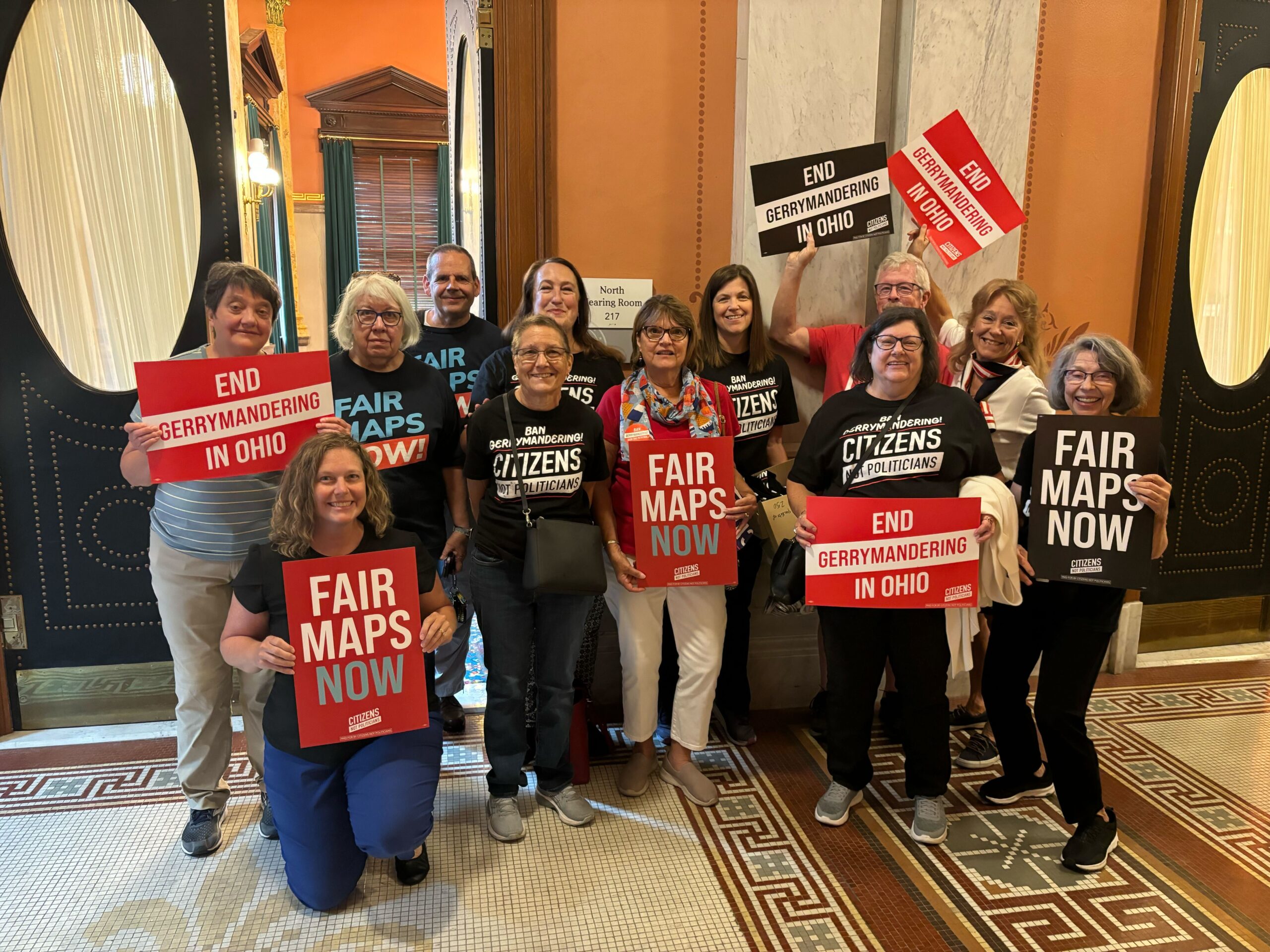Voters must always be cautious about relying solely on ballot language to decide about a measure. There are often many parties involved in the process who have their own interests in making that language sway voters one way or another.
Now, supporters of a state redistricting amendment in Ohio are objecting to the ballot board’s summary of their proposal, calling it inaccurate, devious and manipulative. Secretary of State Frank LaRose chairs the ballot board, and he has certainly made his opinion of the Citizens Not Politicians effort clear. In fact, in mocking Citizens Not Politicians attorney Don McTigue for his organization’s struggle with multiple submissions of petition language before it was approved by state Attorney General Dave Yost, LaRose said “Thou doth protesteth too much, methinks,” according to a report by the Associated Press.
(Shakespeare buffs will have to forgive him. He seems to have given it his best shot.)
The coalition of organizations supporting Issue 1 will appeal the language in the Ohio Supreme Court. According to them, their objections include language that “plays around with the word ‘gerrymandering’ to make it mean exactly what it doesn’t,” as Catherine Turcer, executive director of Common Cause Ohio, put it; and language that says Issue 1 is repealing “constitutional protections against gerrymandering approved by nearly three-quarters of Ohio electors.”
Word-smithing and technicalities aside, it doesn’t take a genius to see what the ballot board tried to do there. But, of course, the amendment’s coalition of supporters will want language that leaves voters with a more favorable opinion of the measure.
That is why it is important for voters to read the WHOLE amendment, rather than whatever summarized version winds up on the ballot. McTigue says the coalition intends for voters to be able to read the full proposed amendment, both in newspapers and posted on the walls of polling places.
Don’t skim it. Don’t rely on what politicians and advocates want you to THINK it says. Find out for yourself. When you do, you can cast your vote on the matter with informed confidence, rather than being swayed by language designed to play on your emotions, in the moment.
Read the original here.

